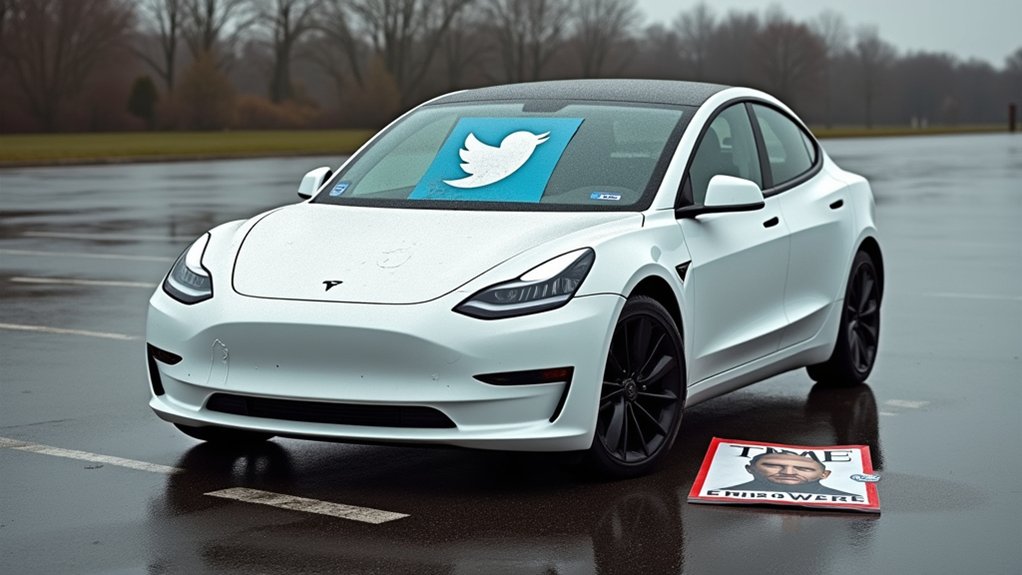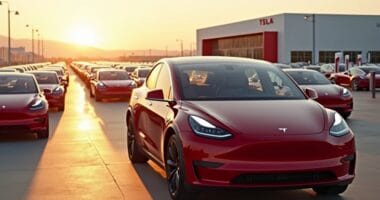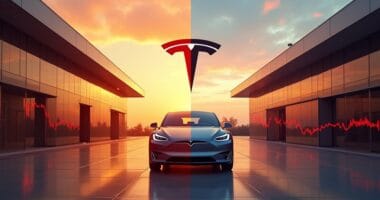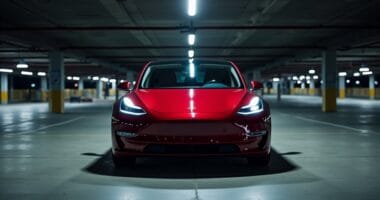Tesla’s dramatic fall from grace directly mirrors public disgust with Elon Musk’s controversial behavior. The electric car maker’s favorability has crashed to minus 12.7, its lowest since 2016, while 67% of Americans now refuse to buy their vehicles. Musk’s right-wing politics and inflammatory statements have transformed Tesla from an innovative green brand into a politically polarizing symbol. The numbers tell a stark story of how one CEO’s persona can torpedo an entire company’s reputation.

While Tesla’s electric vehicles once dominated both roads and headlines, recent data shows a dramatic shift in public sentiment toward both the company and its outspoken CEO, Elon Musk. According to YouGov’s latest survey, Tesla’s favorability has plummeted to minus 12.7—its lowest point since 2016. That’s a far cry from the industry average of 17.2 for automakers.
The numbers tell a stark story. A whopping 67% of Americans now say they wouldn’t buy a Tesla. Period. The political divide is particularly telling, with liberals giving Tesla an abysmal minus 34.9 rating while conservatives recently warmed up to a positive 7.6. Talk about a complete reversal of fortune. Recent sales data shows declines over 70% in key markets like Australia and Germany.
The elephant in the room? Elon Musk himself. A quarter of Americans actively avoid Tesla products specifically because of him. His increasingly visible right-wing positions and controversial social media presence have transformed Tesla from an environmentally conscious status symbol into a politically charged lightning rod. Very unfavorable opinions of Musk are held by 45% of Americans.
Democrats might love electric vehicles (+20 approval), but they’ve soured on Tesla with a staggering -74 rating. The impact is hitting Tesla where it hurts—in sales and stock performance. Both are declining, mirroring the company’s falling public perception.
Young Americans, once Tesla’s prime demographic, now show a -23 rating for the brand despite maintaining a +19 approval for EVs in general. Even men, typically more receptive to the brand, are now split down the middle.
Media coverage hasn’t helped. Every Tesla story seems inextricably linked to Musk’s latest controversial statement or tweet. The company that once represented the future of sustainable transport now finds itself caught in a web of political polarization and personal brand battles.
For many Americans, Tesla’s impressive technology can’t overcome their distaste for its CEO’s public persona. It’s a textbook case of how a leader’s personal politics can reshape—and potentially damage—a company’s entire public image.





